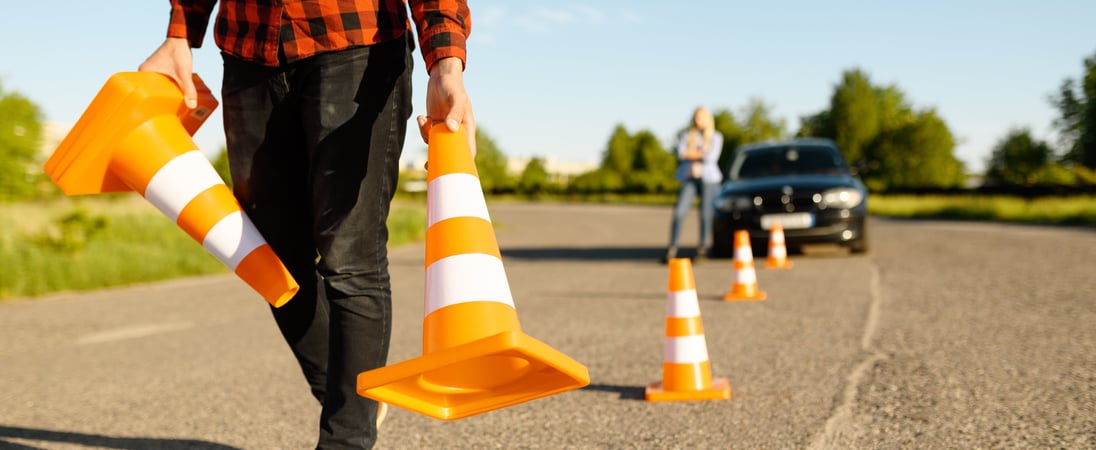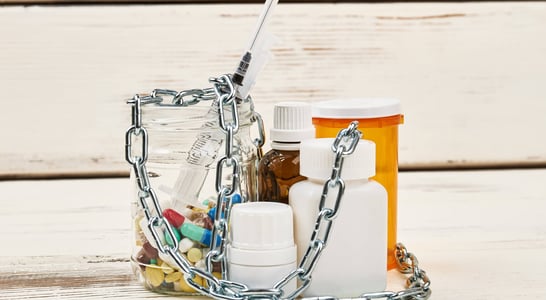
Road Safety Week in India
Road Safety Week in India is a crucial campaign aimed at promoting safe driving and reducing the high number of traffic accidents across the country. This week-long event brings attention to the shared responsibility of drivers, pedestrians, and passengers in creating safer roads.
It encourages everyone to adopt safe driving habits, such as following speed limits, using seat belts, and avoiding distractions like mobile phones.
The staggering statistics underscore the importance of this initiative: India records over 150,000 deaths due to road accidents annually. This translates to one life lost approximately every three and a half minutes.
Most of these accidents involve young individuals, deeply impacting families and communities. The campaign emphasizes simple yet effective measures, like using zebra crossings, not driving under the influence, and staying within speed limits, which can significantly reduce these numbers.
How to Celebrate Road Safety Week in India
Host a Safety Workshop
Engage communities by organizing interactive workshops on road safety. Use practical demonstrations to explain traffic rules and safe driving practices.
This can include role-playing scenarios or quizzes that encourage active participation and learning.
Organize Awareness Drives
Plan street campaigns in busy areas. Volunteers can distribute pamphlets with road safety tips and display banners with messages like “Drive Slow, Arrive Safe.”
Such visible efforts help remind people about the importance of following traffic rules.
Conduct School Programs
Introduce young minds to road safety by hosting sessions in schools. Use storytelling, games, and videos to teach children about pedestrian safety, wearing helmets, and following traffic signals.
Promote Safety Pledges
Encourage individuals to take a road safety pledge online or during events. This simple act can help people commit to responsible behavior, like not using mobile phones while driving and wearing seatbelts.
Host a Creative Competition
Launch a contest for creating safety posters, slogans, or short films. This will engage people creatively while spreading important safety messages. Winners can be awarded, and their work displayed publicly for greater impact.
History of Road Safety Week in India
Road Safety Week in India began in 1989, introduced by the Ministry of Road Transport and Highways. The initiative was a response to the rising number of road accidents and aimed to educate the public about traffic rules and safe driving practices.
Each year, activities like workshops, street plays, and awareness drives are organized nationwide. These efforts focus on reducing accidents and making roads safer for all. The initiative has grown over the years, emphasizing that everyone has a role in promoting road safety.
By spreading awareness and encouraging responsible behavior, Road Safety Week aims to save lives and reduce the heavy toll of traffic accidents on families and communities.
This campaign continues to remind us that safer roads are possible when everyone follows the rules and stays alert.
Also on ...
View all holidaysNational Milk Day
Whether cow, goat or oat, enjoy this refreshing drink, visit a dairy farm to see how it’s made or whip up some butter and cheese at home.
National Hot Toddy Day
A warm and soothing drink perfect for chilly nights, this classic beverage is a delightful combination of spices, honey, and whiskey.
International Parity at Work Day
No matter their skin color, race, nation of origin, religion, or gender, it is only right and reasonable for people to be paid fairly equally for performing the same jobs for their employers.
We think you may also like...
International Civil Aviation Day
The realm of flight, where the sky becomes a canvas for human ingenuity and exploration, offers a thrilling journey beyond the ground.
World Drug Day
Understanding the dangers and effects of substances is crucial for making informed choices and protecting your health.








